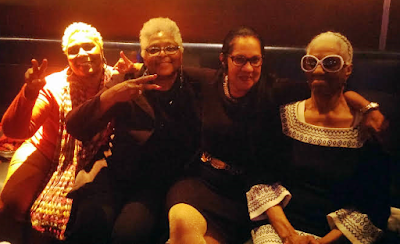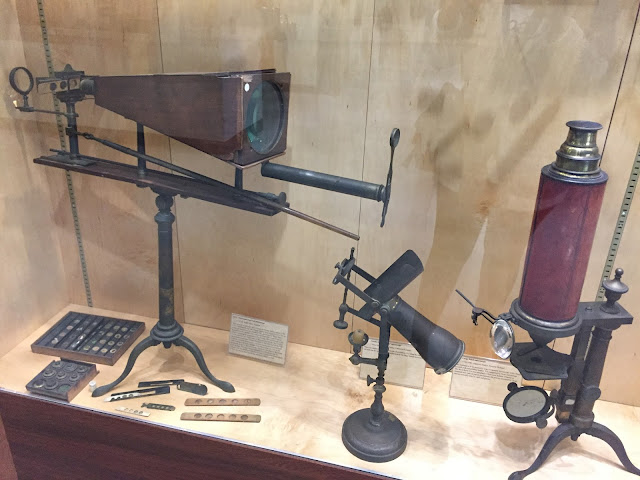 |
| Perhaps the greatest leader of the nation who had African American interests at heart was President Abraham Lincoln. |
Donald Trump's meeting with African American leaders today defines supporters in his party by race who just so happen to be black.
Trump's
meeting reminded me of my friend who said he became a Republican when
party members agreed to give him a job at the golf course if he became a
member of the GOP. It meant an opportunity was given in exchange for
Party loyalty.
Trump's meeting was a lukewarm attempt to appear to be focused on issues
affecting African Americans - employment, health care, education and
justice. These are the same issues every American has concerns over. Maybe additional agenda points should have been high poverty rate, mass incarceration, and hopelessness.
A
leader can be defined as "the person who leads or commands a group,
organization, or country." A leader gives orders, but he must have
followers who agree to follow.
A
leader is defined by his/her followers, and Trump's lackluster meeting
with so called "African American leaders" on the first day of Black History Month put the spotlight on blacks who supported him in his
campaign who are not necessarily representative of Americans who happen
to be of African American descent.
A day
earlier, Trump met with heads of pharmaceutical companies. At this
meeting, the CEO of Merck, an African American, was seated at the table
because of his company's credentials, not because of his race.
Previously, Trump met in his NY Towers with Bob Johnson, Steve Harvey,
and MLK, III.
Before today's meeting, perhaps
Trump's aides instead of hastily getting some "black leaders" together
for a photo op, should have consulted Corey
D. Fields, an assistant professor of sociology and faculty affiliate at
the Center for Comparative Studies in Race and Ethnicity at Stanford.
Fields interviewed about 50 black Republican activists for his recently published book, Black Elephants in the Room: The Unexpected Politics of African American Republicans. In
his book, Field writes , "...the Republican Party has deployed a series
of strategic, if sometimes symbolic, outreach efforts to generate a
conservative thinking class and thrust African American Republicans into
the spotlight as markers of GOP diversity."
I have contacted the White House, asking them to forward me the names of the leaders and their affiliated organizations. I am awaiting their response.
Searching the Internet to see who was at the meeting turned up no names accept for Omarosa Manigualt, a past contestant turned advisor to Trump; Darrell Scott, a Cleveland pastor who communicates with gang members; and Ben
Carson, Trump's nominee for sec of HHS. I dare say I would not define
these three as black leaders. The others at the table are virtual
unknowns who are community activists, ministers, a journalist, and small
business entrepreneurs who the traditional media didn't think enough of
to list.
As a sidebar, what do my non-continental US friends think of Trump?
I
asked one of my European friends what he thought about Trump, and he
said he liked him because he was unconventional. He also said he didn't
like journalists although he knows I am one. He said he doesn't like
politicians who he believes are destroying his country. "Democracy only
gives us people who are in office for a short period of time, make all
the money and contacts that they can, and leave the country worse off
than when they came into office," he said.
Another
friend who is Puerto Rican said she doesn't like politicians when I
asked her who were some leaders in her community. "Politicians are a lot
like doctors. They don't cure you when you are sick because then, you
don't need them anymore."
Update: Other meeting attendees:
VP Pence and Jared Kushner, White House
Paris Dennard, Thurgood Marshall Scholarship Fund
Bill Cleveland, retired Capitol police officer
Earl Matthews, Dept. of Defense
Dr. and Mrs. Darrell Scott, New Spirit Revival Ctr., Cleveland
Armstrong Williams, Howard Stirk Holding Broadcast Group
James Davis, Preacher, National Diversity Coalition
Lynne Martine Patton, HUD































